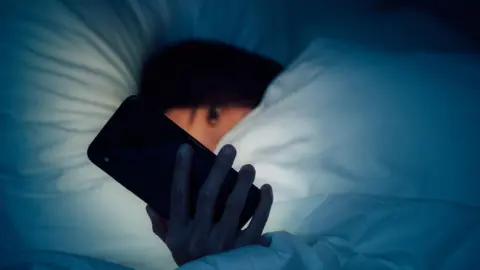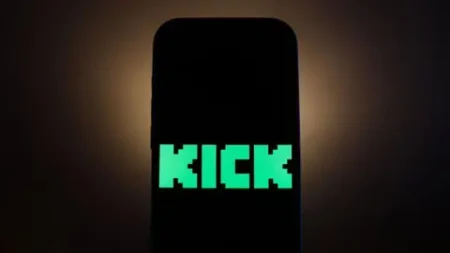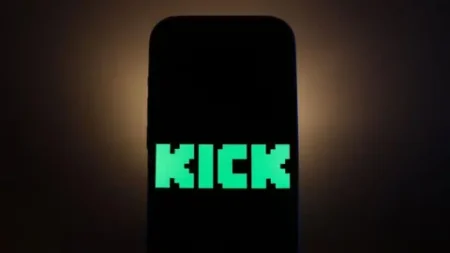Recent research has revealed a concerning association between increased screen time in bed and poorer sleep quality. A study based on a comprehensive survey conducted in Norway involving over 45,000 students highlighted that individuals who spend extensive periods looking at screens while in bed are more prone to insomnia and sleep deprivation. This significant finding raises alarms regarding the behaviors of many young adults, particularly amidst the ongoing digital age, which permeates nearly all aspects of daily life.
The study found that each additional hour spent engaging with screens correlates with a staggering 63% increase in the likelihood of experiencing insomnia and a reduction of about 24 minutes in actual sleep. Despite these alarming statistics, it is important to note the researchers underscored that this study merely establishes a correlation rather than proving causation between screen use and diminished sleep quality.
Experts emphasize that to improve sleep, it is crucial for individuals to disengage from their devices in the moments leading up to bedtime. Engaging in calming activities can greatly assist in promoting better sleep hygiene, assisting those struggling with sleep-related challenges.
The research, undertaken by a team from the Norwegian Institute of Public Health and published in a Frontiers journal, specifically targeted the sleep patterns of 18 to 28-year-old students. Participants were queried about their screen use after bedtime, as well as the types of activities they engaged in during these sessions. Among the respondents who acknowledged using screens before sleeping, a substantial 69% reported that social media was a primary activity, alongside other forms of digital media such as streaming films or playing video games.
Dr. Gunnhild Johnsen Hjetland, the lead researcher on this study, indicated that while various activities on screens were analyzed, the overall screen time proved to be an influential factor in sleep disruption unrelated to the specific type of content. He noted, “We found no significant differences between social media and other screen activities; thus, screen use itself appears to drive sleep interference.”
Participants in the survey were also asked to evaluate their sleep experiences, including how many nights per week they found difficulty in falling asleep, staying asleep, waking up early, or feeling overly tired during the day. Symptoms consistent with insomnia were categorized based on responses indicating these issues persisted for at least three nights or days a week over a three-month duration.
Although the researchers observed a link between bedtime screen engagement and reported sleep interruptions, they were careful to articulate that causation could not be definitively established. “This study cannot determine causality. For instance, we cannot conclude whether screen use leads to insomnia or if those suffering from insomnia tend to use screens more,” stressed Dr. Hjetland. Furthermore, the potential biases inherent in survey data, particularly concerning self-reported experiences, call for cautious interpretation of the findings.
Insomnia, affecting nearly one-third of the UK population, emerges as a widespread sleep disorder with various contributing factors, including the widespread practice of late-night phone use. Despite the ongoing debate surrounding the effects of digital media on mental and physical health, specialists suggest that discontinuing device use shortly before attempting to sleep might mitigate sleep disturbances.
Moreover, establishing a consistent routine for sleep — such as maintaining similar bedtimes and wake-up times throughout the week — is echoed as an effective strategy for improving sleep quality. Mental health organizations, including Mind and Rethink, encourage individuals to replace late-night screen time with activities that promote relaxation, including reading, meditative practices, or even a calming bath.
Researchers advocate for further exploratory studies to better comprehend the relationship between bedtime screen use and sleep, including the influence of overnight device notifications on sleep patterns. Continued multidisciplinary investigations could illuminate the complexities surrounding screen time’s effects on various populations, enabling healthcare providers to formulate tailored recommendations to support healthier sleep habits.










